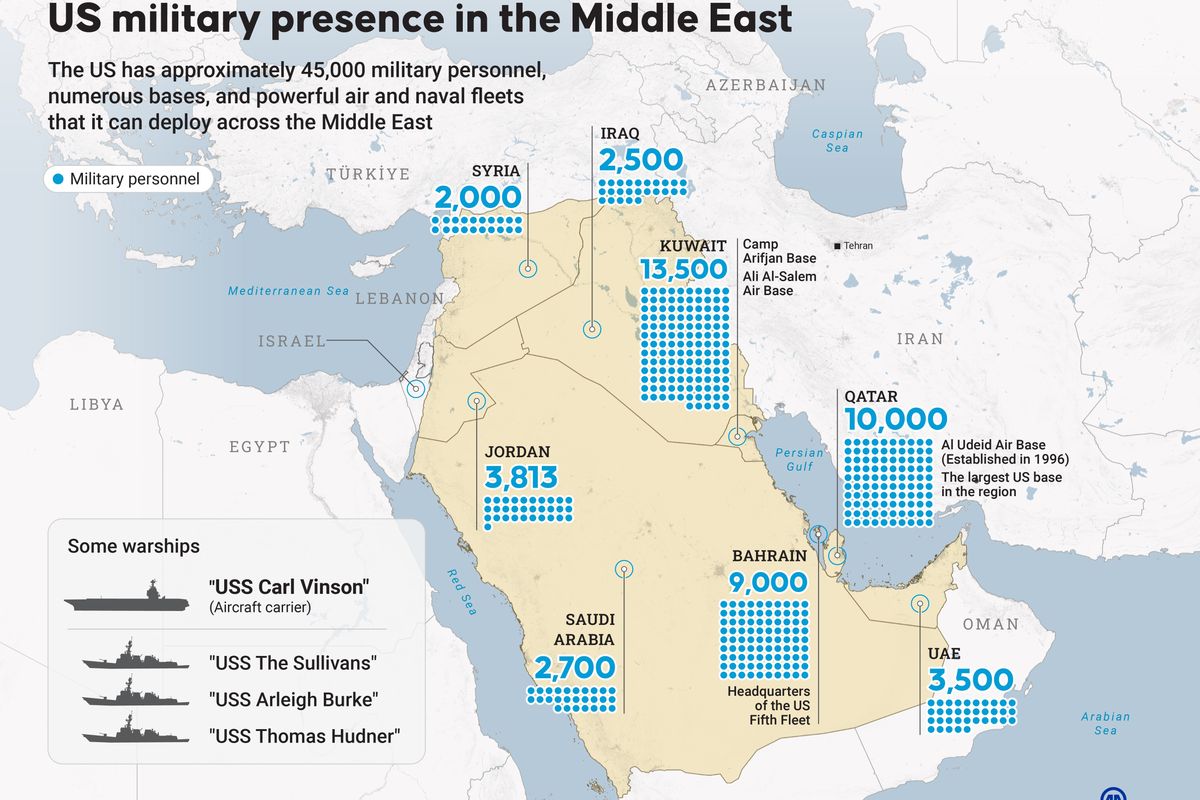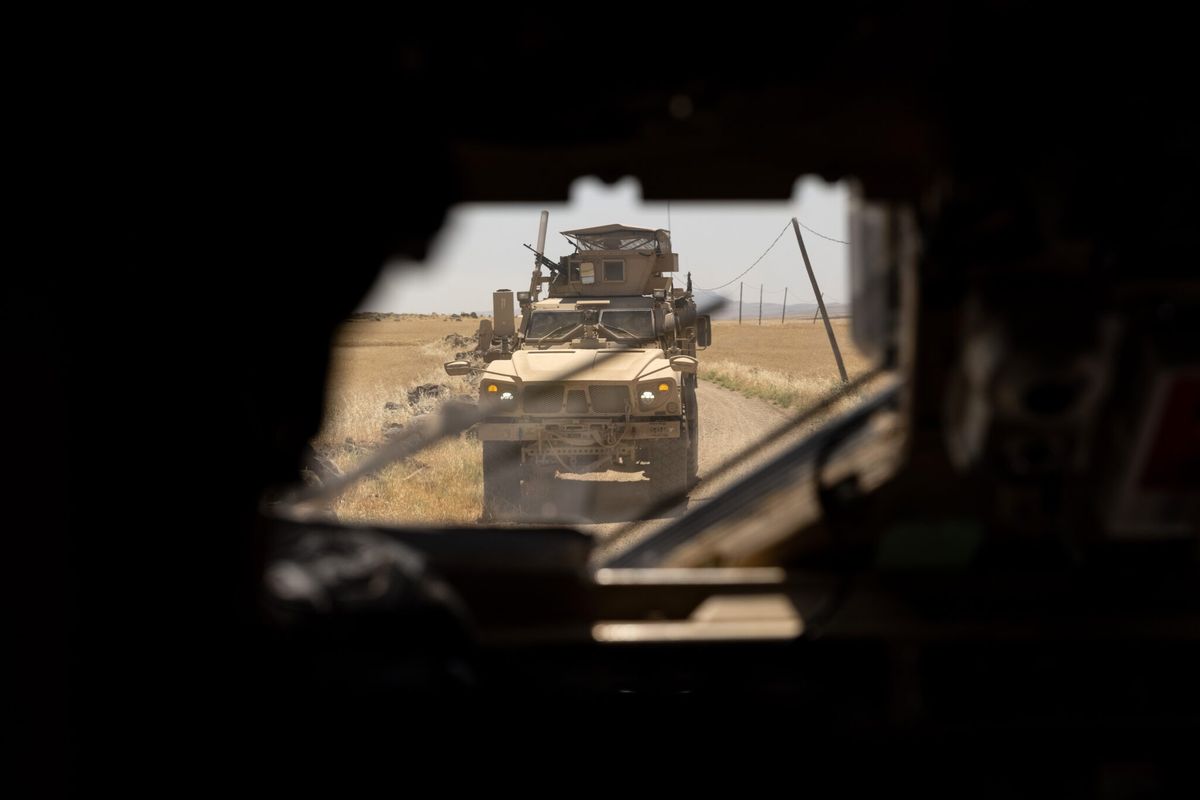Is the U.S. drawing down its military presence in Iraq, following a declaration of victory over ISIS? Messages from Iraqi and U.S. spokesmen are muddled:
- An Iraqi government spokesman said Monday the U.S. has begun to reduce the number of its troops in-country. An unnamed senior official close to Iraq’s Prime Minister Haider al-Abadi tells the AP that, according to an initial agreement reached with Washington, 60 percent of U.S. troops in Iraq will be withdrawn, leaving about 4,000 to continue training the Iraqi military.
- The Iraqi government spokesman spokesman Saad al-Hadithi framed this to the AP as “a message to those who doubt the government’s decisions regarding the presence of American (forces in Iraq): There are rules and the promise of a withdrawal.”
- However, the Pentagon insists no drawdown is taking place. Spokesmen for U.S. Central Command told Voice of America that a “small number” of troops have shifted from Iraq to Afghanistan, and a “reallocation of combat enablers” is taking place, but the numbers of American forces in Iraq remain about the same.
With Iraqi elections slated for May, and the indefinite presence of U.S. troops a divisive issue domestically, a drawdown would be both unsurprising and smart politics. Cipher Brief expert and former Ambassador to Iraq James Jeffrey said the drawdown is to be expected:
- “The U.S. has long hoped to keep a force of under 5,000 in Iraq – what we sought in vain in 2011 – to (1) help Iraqi Forces and in particular avoid a return of AQI or ISIS, and (2) serve as a psychological buffer and balancer of Iran. That is not well spelled out in part to reflect Iraqi sensibilities. The Iranians, unlike us, didn’t have combat units in Iraq except briefly in 2014. They keep advisors probably in hundreds from IRGC in various overt and clandestine roles but there’s nothing new about that.”
Keep reading...Show less













